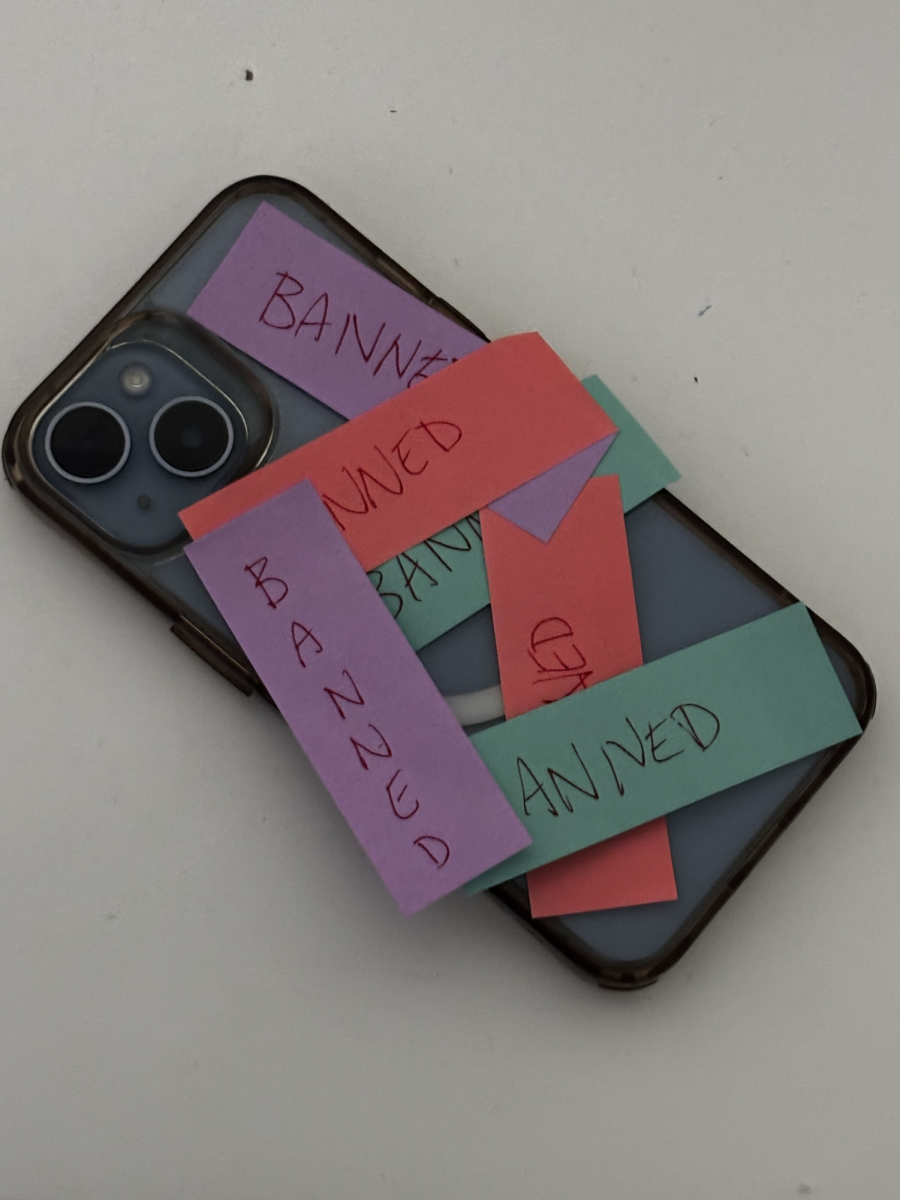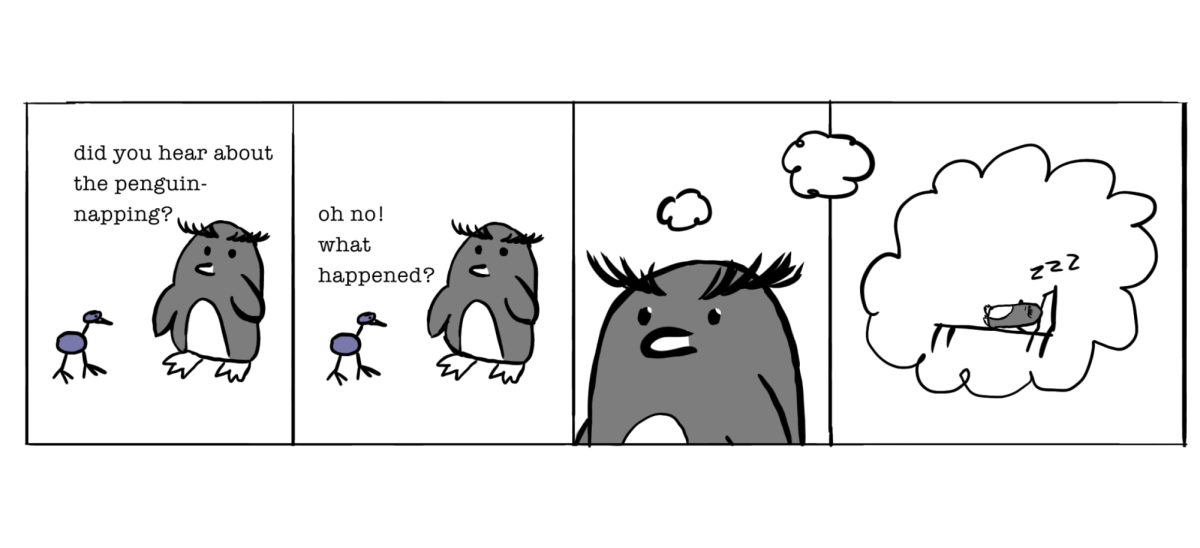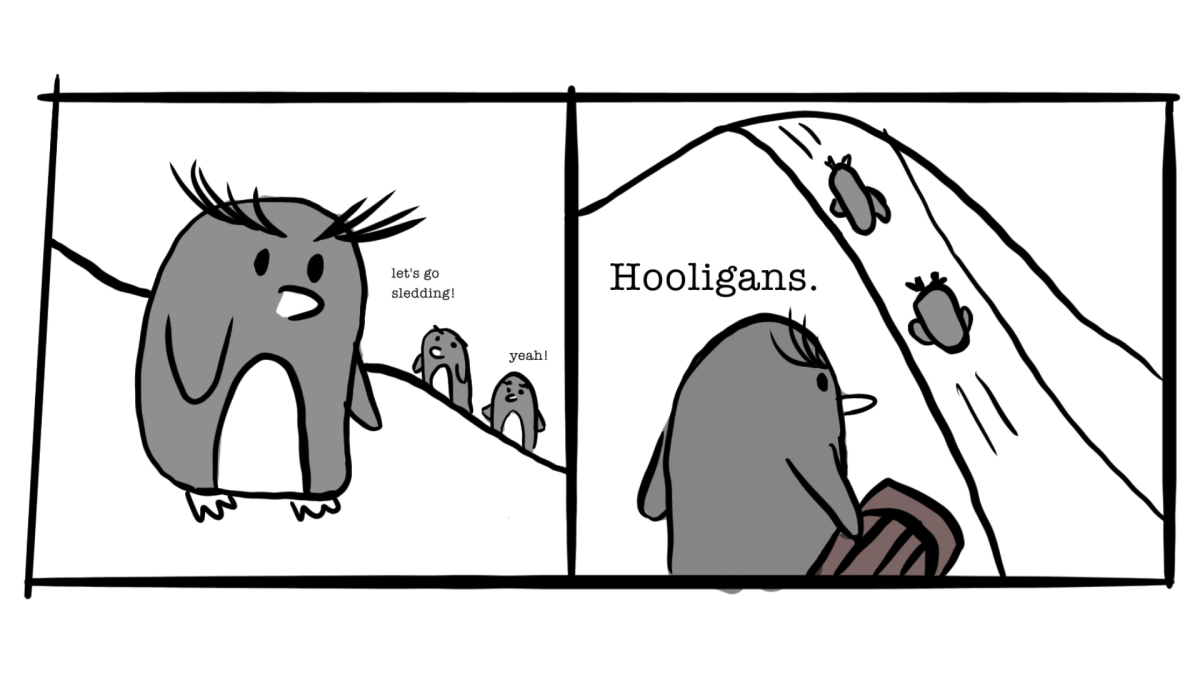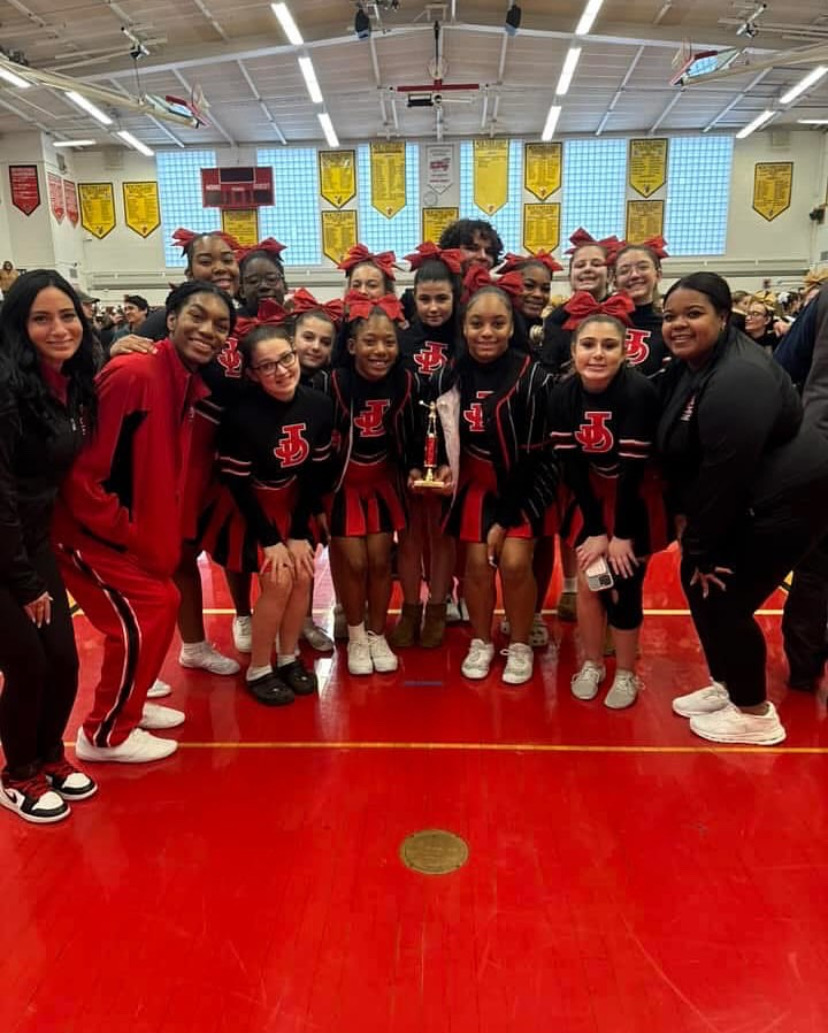By Reed Jaworski and Kallen Prosak
Elective Guide: Social Studies and Sciences
SCIENCE
Materials Chem:
One Science elective a lot of students take is the 10 week course Materials Chemistry. In the class, students learn the real life applications of chemistry, as well as focus on hands-on experiments. “Students who took chemistry at any level, and want to have more fun labs are a good fit for this class,” said J-DHS Materials Chemistry teacher Theresa Groman. Mrs. Groman believes there are a couple of different reasons to take Materials Chemistry. “The class is fun, exciting, and can be challenging,” said Mrs. Groman. Junior Matt King agrees with Mrs. Groman, saying that people should take the class because, “it is really fun and laid back.”
Astronomy:
Another science elective is the quarter year course Astronomy, taught by Kevin Sommer. In the class, students get to learn about the moon, the Hubble telescope, distant galaxies, and stars. This class can be taken by anyone, but it is fit for anyone who wants to, “learn about the universe, and all the things in it,” said Mr. Sommer.
Sense Organs:
Mr. Sommer also teaches the class Sense Organs. In Sense Organs, students get to learn about the brain and how it uses the body’s five senses to describe an object or event over the course of ten weeks. Students also get to learn about how damages to the different sensory organs affects people, and the ways that people can cope with these challenges. “Kids should take this class because you get to talk about technologies of the future, and how it will be used to deal with peoples’ disadvantages,” said senior Austin Hyatt. “This class is very helpful for anyone who wants to go into the medical field,” said Mr. Sommer.
Forensics (Biology):
Senior Nick Piciucco recommends Forensic Biology to students because it is “fun, and you get to learn about crime scenes.” Forensics Biology is a ten week hands-on class in which students get to learn about different elements of criminal investigation, such as imprinting, fingerprinting, blood analyzing, and testing DNA and hair. The class is taught by Nancy Raicht and is open to all students, but would be the best for “students looking to learn more about the practices and procedures used in criminal investigation,” said Mrs. Raicht.
Global Environment:
In Global Environment, students get to learn about different issues impacting the environment in a half-year elective. Some topics student learn about include limited resources and watersheds. The class can be taken by anyone, especially people who have an interest in understanding our mutual relationship to our environment. Global Environment teacher Mr. Sommer recommends this class to students because, “they learn about how to write a college research paper.”
SOCIAL STUDIES
Military History I/II:
In Military History, students get to learn about what “valor and leadership is,” said J-DHS Military History I and II teacher Leo Brown. In Military History I, students learn about the history of the military during World War I and II, and in Military History II students get to learn about the Cold War. “(Military History II) focuses on how the fear of an atomic war shaped a society,” said Mr. Brown. The course also focuses on the events that transpired during the Cold War. “You should take it if you have an interest in U.S. History,” said sophomore Emily Hildreth; “plus, it helps in your global classes.” Mr. Brown recommends this class to anyone interested in America’s military history. They get a special opportunity because few schools in New York offers courses to teach about military history.
Current Events:
Current Events is a constantly changing class where students get to learn about important events taking place in the world around them. In the class students get to watch different clips about the news, learning about different biases. Students also get to watch clips in humorous, serious, and exaggerated perspectives. “Students get the opportunity to learn about things they are interested in,” said Current Events teacher David Bunyan. “It was really fun. I got to learn about stuff that’s happening everyday,” said sophomore Xander Ferlenda. Mr. Bunyan also added that anyone who takes this course will gain a better understanding of “academic concepts and vocabulary.” “I also argue anyone that takes this class will raise their SAT scores,” said Mr. Bunyan.
Practical Law:
Practical Law is a class in which students are taught the “basics of law, and the real life applications of law,” said Mr. Bunyan. Students get to learn about lawyers, trials, and peoples’ different interpretations of the law, and how each of them affects the individual’s life. In the class, students get to take a field trip to the Jamesville Penitentiary to see law and its practice in effect. Students should take this class because it allows them to gain an understanding of our legal system “I think everyone should take it,” said sophomore Ryan Durkin, “(you) gain knowledge about laws and how the legal system works.” “By understanding the rights you’re entitled to, people are able to protect themselves from people, whether they be part of the government, or police officers, who can try to take them away,” said Mr. Bunyan. “The penitentiary was really fun,” added Durkin.
Advanced Placement European History:
In AP European History, students get to learn about the events that transpired in Europe from around the Renaissance to the modern era, and how these events influenced development in the world. The class gives a broad understanding of origins of themes, concepts, and principles that underly our civilization,” said AP European History teacher Eric Ormond. It also allows for a student to “understand the nuances of history” and the relationships of historical concepts. “It’s a really interesting topic,” said senior Simmy Grewal. A student should consider taking this class if they are “eager to engage in a scholarly endeavor,” said Mr. Ormond. “Mr. Ormond is a really good teacher,” said senior Rachel Eimas-Dietrich. “Also, it’s much more laid back than an actual class,” added Eimas-Dietrich. Students also learn how to prepare for college, as AP European History is a college level class.
Human Relations:
In Human Relations, students get to learn and discuss topics related to lives, dealing with families, friends, and bullies. Students also get to learn what groups they are affiliated with, and they get to learn a lot about themselves. “I got to know a lot of new people very well,” said sophomore Julie Harrison. Although the class is open to anyone who is a sophomore or older, generally “more females than males take it, because they are better at talking about their emotions,” said Human Relations teacher Melissa McGee. “It was a good average booster,” said Harrison. According to Ms. McGee, students should take this course because it is relevant information, and a lot of topics covered are relatable.
Human Rights Studies:
A Human Rights student will begin the course by learning about the Declaration of Human Rights, and after gaining an understanding for the documents, they will learn of instances when these rights have been supported or denied. Some examples of their studies include things such as genocides, the death penalty, and movements for more rights. This class should mainly be taken by “upperclassman who are mature with sensitive subjects,” said Human Rights Studies teacher Donna Oppedisano. Mrs. Oppedisano said students should take this class because we are an, “interconnected world, and we owe a responsibility to human plights and problems to create a just world, a just America, and a just citizen.”





























